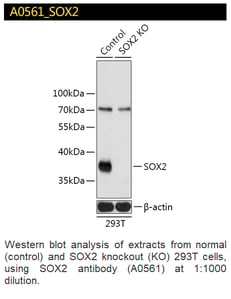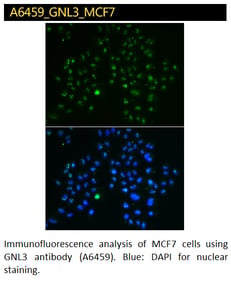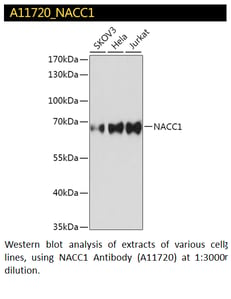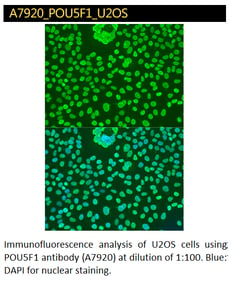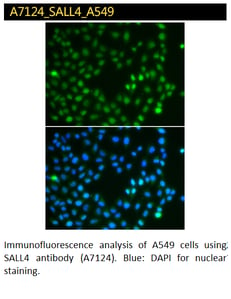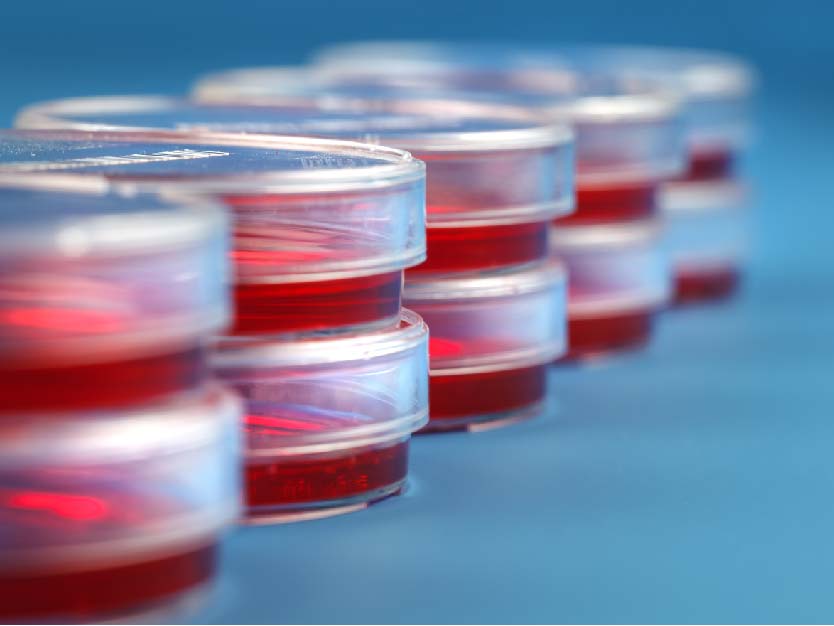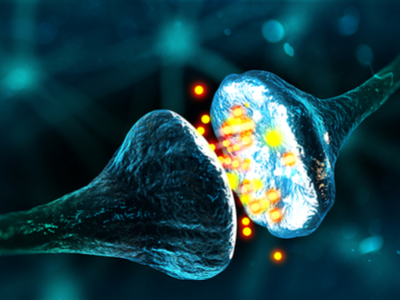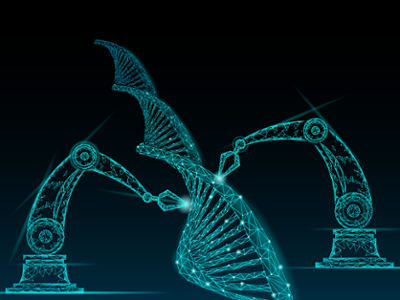Embryonic stem cells (ES cells) are pluripotent stem cells isolated from an inner cell mass of early-stage embryo-blastocysts. ES cells have a high differentiation potential., which means that they have the capacity to develop into whatever cell type the body needs depending on the signals received by the ES cell. At the same time, while ES cells are undifferentiated, they retain the potential to infinitely replicate, making them highly attractive and renewable subjects for targeted cell therapy and regenerative medicine.
Nuclear stem cell factor (GNL3) is essential in the early stages of embryogenesis and is localized to the nucleus and nucleolus in a cell-cycle-dependent manner. Studies have shown that in addition to transcription factors such as Oct4, Sox2 and Nanog, many other factors required for pluripotency have been identified, including Sall4, DAX1, Essrb, TBX3, TCL1, Rif1, NACC1 and Zfp281. These pluripotency factors form a complex transcriptional regulatory network in embryonic stem cells for simultaneous regulation.
Imagine a day when we can learn more about ES cells and how to properly reprogram these multifunctional precursors from host tissues. The resulting therapeutic tools could be used to treat diverse diseases including cancer, diabetes, neurodegenerative disorders, and more! Please explore our antibody products targeting stem cell markers and see what ABclonal can do to accelerate your research. Some examples of our antibody selection are listed below.

